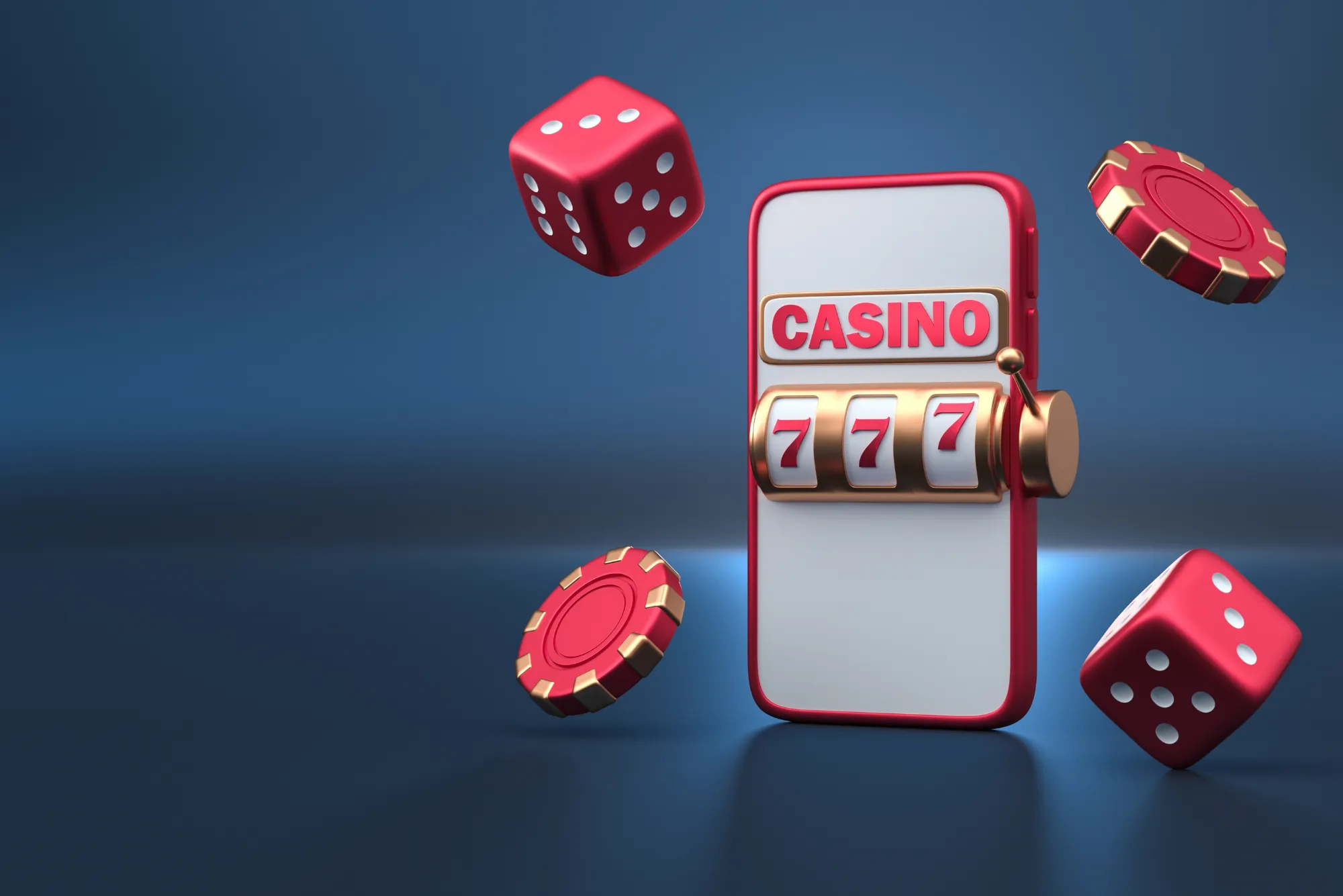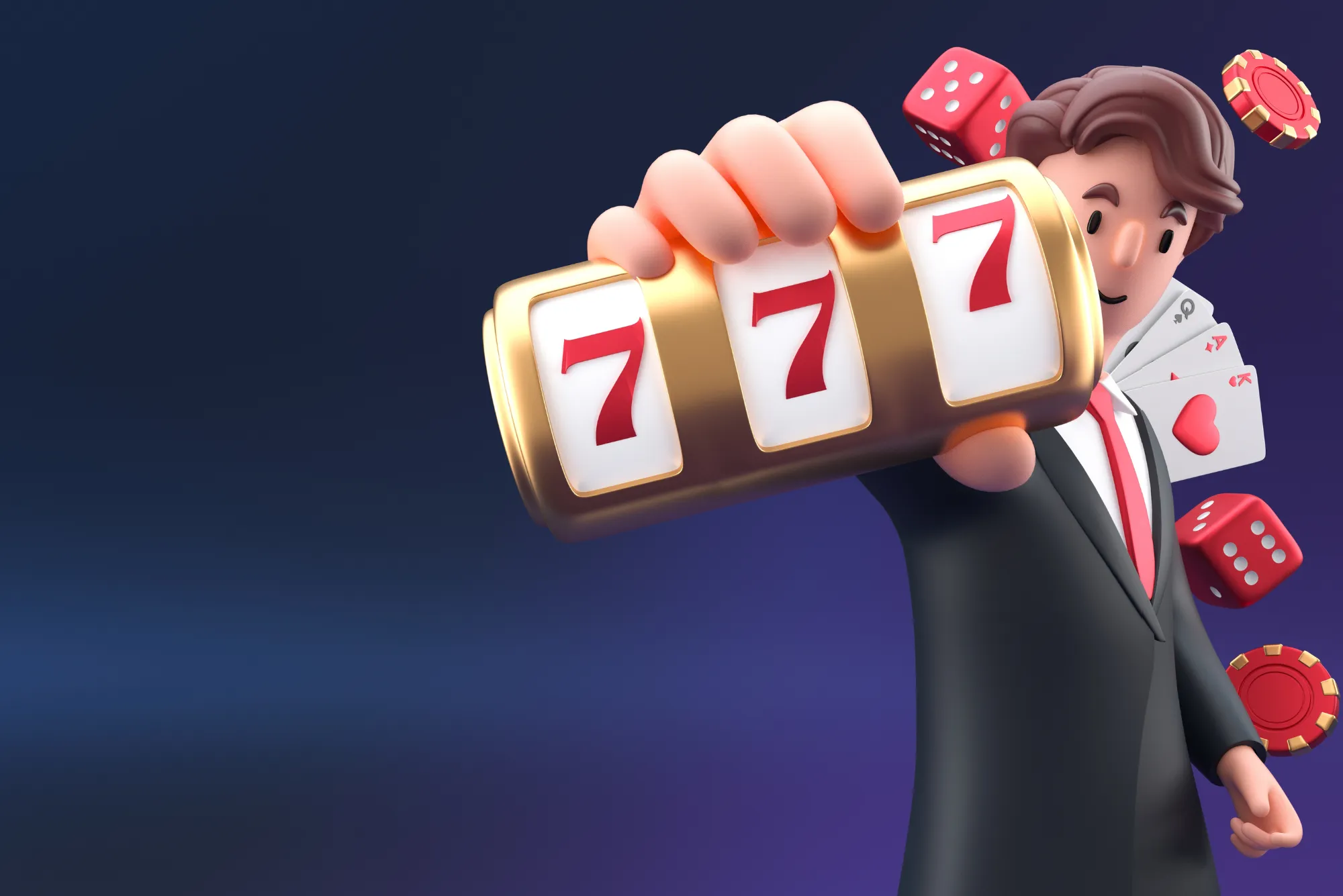For anyone who plays online slots regularly, daily free spins are like small bursts of excitement. They pop up on casino apps and sites, offering a handful of free plays that could — if luck strikes — turn into real winnings. But as players keep spinning day after day, one question lingers in almost every gambler’s mind: are these daily free spins actually random, or are they subtly designed to keep you playing without giving too much away?
This question isn’t just about curiosity; it touches on how the online gaming industry operates, the fairness of algorithms, and the psychology of player engagement. As someone who has spent years studying how online casinos structure their promotions, I can confidently say: there’s a lot more going on behind that shiny “Spin Now” button than most players realize.
Understanding How Free Spins Work
Before diving into randomness, it’s worth understanding what “daily free spins” really are. Most online casinos use them as part of loyalty or welcome programs — giving players a limited number of spins each day to encourage consistent engagement. These spins typically apply to selected slot games, often ones the casino wants to promote or that have high retention value.
Each spin operates under the same core mechanism that powers paid slot games: the Random Number Generator (RNG). This mathematical system produces thousands of number sequences every second, even when no one is playing. When you press “spin,” the game locks in the most recent number generated and translates it into a result on the reels.
In theory, that means every spin — paid or free — has an equal chance of winning or losing. The game doesn’t “remember” past results, and it doesn’t know whether you’re using bonus spins or your own money.
But in practice, players often notice patterns: long stretches of small wins, or sequences where big wins seem oddly timed. This is where skepticism creeps in, and where understanding the business side of gaming helps clarify what’s really happening.
The Role of RNGs and Regulation
Modern slot games must meet strict regulatory standards. Licensed casinos can’t legally alter an RNG’s fairness, even for free spins. In markets like the UK, regulators ensure that payout percentages (RTP — Return to Player) are consistent across all play modes.
That means if a slot has a 96% RTP, it should hold roughly the same expected return whether you’re spinning for free or using your balance. The key word here, however, is expected. RTP is calculated over millions of spins — not over the dozen or so free spins you receive daily. So, in the short term, anything can happen, and streaks of wins or losses are entirely possible.
Most legitimate online casinos, especially those offering no deposit free spins uk, are audited by independent testing agencies. These audits verify that RNGs behave randomly and that promotional spins are not rigged to reduce payouts. It’s in the casino’s best interest to maintain credibility — manipulating outcomes could lead to massive fines, revoked licenses, or permanent reputational damage.
The Psychology Behind “Daily” Free Spins
If the math is fair, why do casinos offer free spins so frequently? The answer lies not in the algorithm but in behavioral psychology.
Daily rewards play on the same principles that make social media notifications addictive. They create a sense of anticipation and habit. By giving you a small reason to log in daily, casinos keep engagement levels high without necessarily paying out much money.
This strategy is known as “variable reinforcement.” Sometimes a free spin gives nothing, sometimes a small win, and rarely — a jackpot. The unpredictability keeps players hooked. Even if most days bring no significant return, that occasional big win reinforces the belief that the next spin might be “the one.”
From a design perspective, this system isn’t manipulative in a technical sense — the RNG still determines the outcome. But psychologically, it’s engineered to make randomness feel personal and meaningful.
The Difference Between True Randomness and Perceived Fairness
Here’s where most misunderstandings occur. True randomness in slots comes from the RNG, which uses algorithms that humans struggle to intuitively grasp. Because our brains are wired to find patterns, we often interpret random sequences as “streaks” or “biases.”
For instance, if you win three times in ten spins, you might feel the game is “warming up.” In reality, each spin is independent. But because we expect randomness to look evenly distributed, clusters of wins or losses can feel suspicious even when they’re statistically normal.
Casinos know this perception gap exists, which is why they design visual effects and sound cues that make small wins feel exciting. The flashing lights, celebratory animations, and upbeat music enhance engagement without changing actual odds.
In other words, the randomness is real — but the experience around it is carefully choreographed.
Can Casinos Manipulate Free Spins?
In regulated jurisdictions, the short answer is no — at least not legally. RNGs are sealed and verified by third-party labs like eCOGRA or iTech Labs. Any tampering would be detected quickly.
However, what casinos can control is the context of your free spins. They can choose which game you play, how many spins you get, and what the maximum win potential is. For example, free spins might be capped at £50 winnings or limited to low-volatility slots where big jackpots are rare.
These settings don’t change randomness; they just limit the financial exposure for the casino. So while your spins are random, the environment they exist within is carefully managed.
That’s why reading the terms and conditions matters. The small print often explains wagering requirements, withdrawal limits, and eligible games — all factors that influence how rewarding a “win” actually is.
Why RNG Transparency Matters
Trust in online gaming hinges on transparency. Many reputable casinos now publish their RNG certifications or RTP percentages directly on their websites. Some even use blockchain-based verification to prove outcomes are untampered.
Players who value fairness should always stick with licensed operators. Unregulated or offshore sites may claim to offer high rewards, but without oversight, there’s no guarantee their RNGs are legitimate.
If you’re ever unsure, check the licensing body (UK Gambling Commission, Malta Gaming Authority, or Curacao eGaming) and look for public audit reports. A legitimate casino will never hide this information.
The Player’s Perspective: Luck, Expectation, and Reality
From a player’s standpoint, daily free spins are best seen as entertainment, not income. Treat them as a small bonus — a free chance to experience the thrill of the game, not a reliable path to profit.
Those who enjoy consistent play might notice patterns in when they win or lose, but these patterns are illusions born from randomness. The key is to manage expectations: even the fairest RNG can’t guarantee balance in short bursts.
Over time, the law of large numbers takes effect — meaning the longer you play, the closer your results align with the game’s RTP. But that also means the house edge always wins in the long run.
Understanding this dynamic doesn’t take away the fun; in fact, it enhances it. When you know the system is fair, you can appreciate the excitement for what it is — a game of chance, not a test of skill.
Conclusion
So, are daily free spins truly random? Yes — at least when offered by regulated, licensed casinos. Each spin is governed by the same RNG principles as any other wager. The outcomes you see are independent, unpredictable, and statistically fair.
What isn’t random is how those spins are packaged and presented. Casinos use daily free spins strategically, combining fairness with psychological design to keep players engaged. As long as you understand that balance — randomness in results, precision in presentation — you can enjoy your free spins responsibly and confidently.







